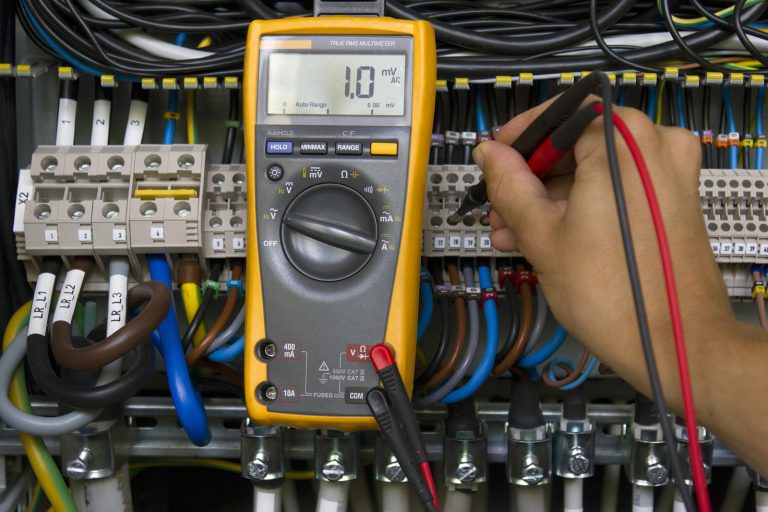An electrical contractor also called a residential or commercial electrician, is an individual who specializes in installing and maintaining electrical wiring to power homes and businesses. The term “contractor” often refers to the business rather than the individual who may be a licensed electrician skilled in their trade.
State licensure requirements vary. Licensing is regulated at the state, county, and even city levels. Local jurisdictions sometimes have laws and rules to follow along with those set by the state, and many require continuing education classes for licensure renewal. Some states waive licensing requirements for electricians if they don’t work in specified localities that already have licensed professionals on staff or nearby. To remain in good standing with their licensing bodies, electrical contractors in Lansing must keep up with applicable industry standards and local and state laws governing electrical installations.
Electrical wiring is generally installed once (and only once) in a home’s lifetime. This is important because any mistakes made during installation can haunt an electrical contractor for many years. Mistakes can also be costly, not only for the person who owns the home but for the electrical contractor as well.
An electrician must keep an eye on new technologies and changes in industry standards to stay abreast of safety concerns. There are significant consequences if an electrician is out of compliance with industry standards or state laws and regulations. Many homeowners won’t hire someone who doesn’t have a current license or certificate of competency. Contractors can lose their licenses if they don’t comply with industry regulations. Specifically, state licensing boards oversee contractors ensure they are appropriately licensed and working within their scope of practice.
Licensing processes vary from state to state, and local jurisdictions often have additional requirements for contractors. They may require contractors to register, maintain liability insurance, and pass background checks. Some jurisdictions also require contractors to pay a fee for their license renewal. The scope of work permitted under licensing varies from state to state. Most states cover the installation of electrical wiring, but there are also rules governing when and where an electrician can work.
In conclusion, an electrical contractor is a skilled professional installing and maintaining electrical wiring to power homes and businesses. A faulty or non-existent electricity home will not be safe, comfortable, or desirable.
An electrical contractor is qualified to install, maintain and service electrical systems. The central aspect of an electrician’s job is to hook up, fix and test circuits. Repairing faulty switches, sockets, and plugs is also a part of the job. Wiring houses with lights and outlets are also part of a residential electrician’s daily work routine.

